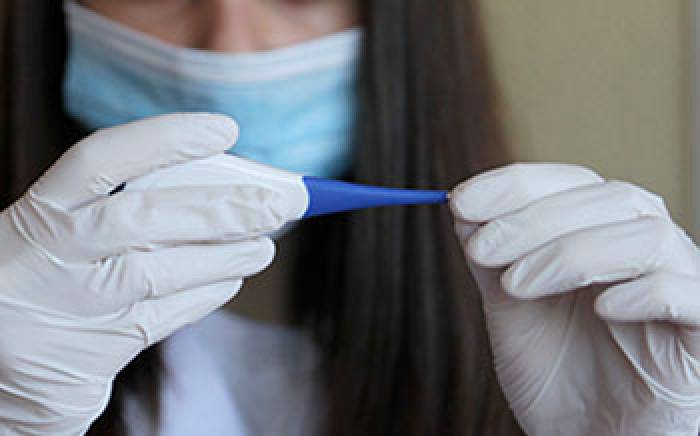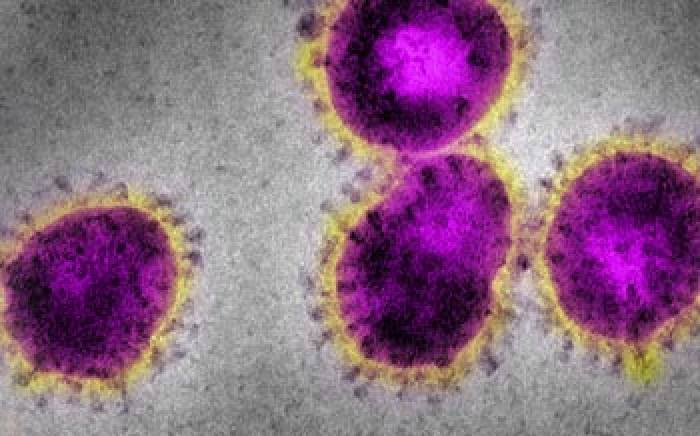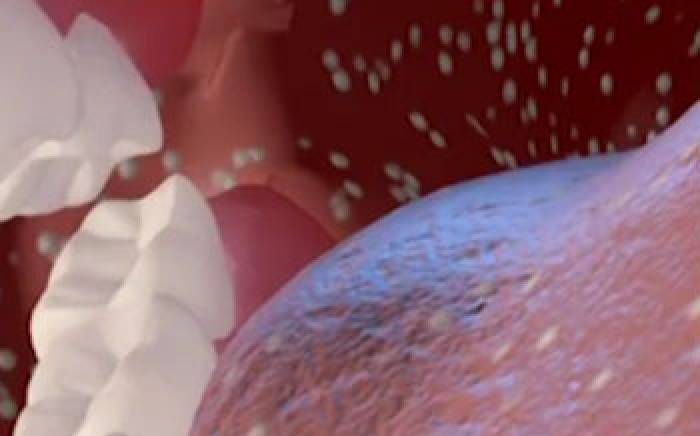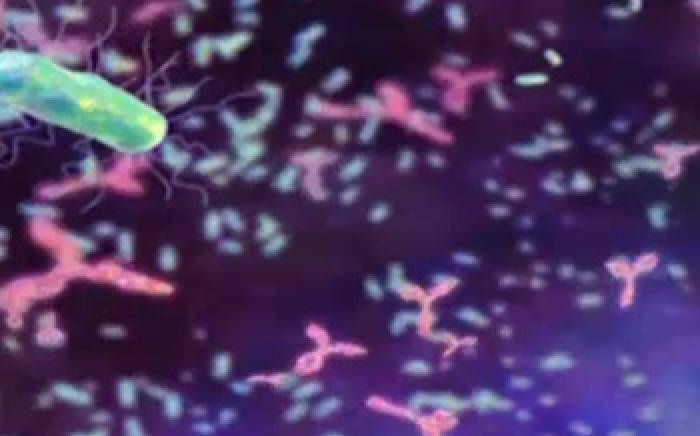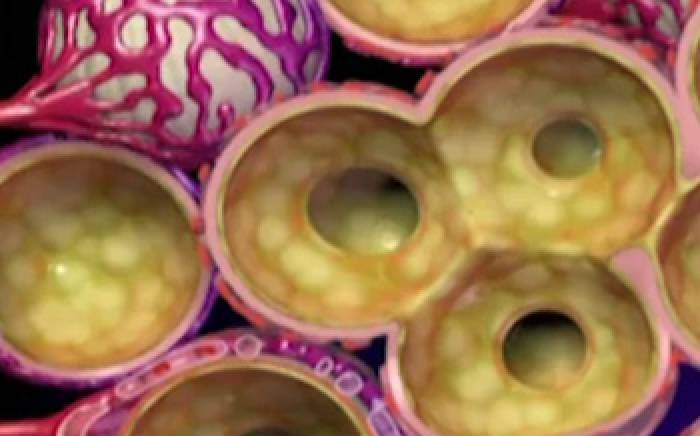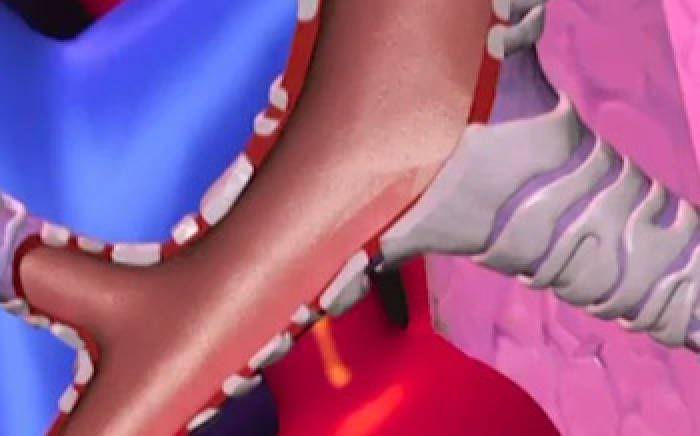Mumps is a contagious viral infection caused by the paramyxovirus. The virus is spread through contact with infected saliva. When an infected person sneezes or coughs, moisture droplets spray into the air. The virus is spread by coming in contact with these infected droplets.
Following exposure to the mumps virus, there is usually an incubation period lasting 14 to 24 days, during which no signs of the disease are present.
During this time, the virus begins to multiply in the cells of the upper respiratory tract and lymph nodes, increasing the levels of virus circulating in the blood stream. The first symptoms of mumps are chills, headache, and a general feeling of malaise. This is followed in 12 to 24 hours with swelling of the salivary glands. The glands are usually tender to touch and cause pain when chewing or swallowing. A temperature of up to 104◦F can also develop.
Complications from mumps can include deafness, meningitis, or nerve damage. In boys or men who contract mumps, painful swelling of the testicles can also develop.
An effective vaccine for mumps is available and is usually given in combination with vaccines for measles and the less severe German measles, or rubella. This MMR vaccine is given to all children following their first birthday, with a second dose usually given before entering school. The MMR vaccine should not be given to pregnant women.


